Statistics from 2023 to present, the net selling value of foreign investors in the Vietnamese stock market has reached nearly 128,400 billion VND, about 5 billion USD.
Continuous net withdrawal of billions of USD, foreign ownership ratio at lowest level since 2015
Statistics from 2023 to present, the net selling value of foreign investors in the Vietnamese stock market has reached nearly 128,400 billion VND, about 5 billion USD.
ETFs maintained a net withdrawal status in the first month of 2025, with a total value of 616 billion VND. This is the 15th consecutive month that ETFs have withdrawn net from Vietnam.
Capital withdrawal pressure mainly comes from foreign ETFs, notably VanEck (-423 billion VND), Xtrackers FTSE Vietnam (-88 billion VND), Fubon (-58 billion VND).
Domestic funds are differentiated with DCVFM (-122 billion VND) being net withdrawn for 3 consecutive months, while DCVFM VNDiamond (+54 billion VND) and MAFM VN30 (+56 billion VND) continue to record positive net buying flows.
Regarding active cash flow, investment funds all recorded net withdrawals in January, in which active funds that only invest in Vietnam withdrew a strong net of VND804 billion.
The Ho Chi Minh City Stock Exchange (HoSE) has issued the HOSE Index Rules version 4.0 to replace version 3.1. This decision takes effect from March 2025. Some of the main changes are as follows: (1) Increasing the trading volume and matched transaction value to help increase the liquidity of stocks selected for the basket. (2) Adding the financial criteria of non-negative after-tax profit to help improve the quality of the screened stocks. (3) Adding the limit on the capitalization ratio of the same industry group in the VN30 index basket at 40%, contributing to stabilizing the industry structure and limiting the fact that one industry occupies too much of the index basket.
Statistics from 2023 to present, the net selling value of foreign investors in the Vietnamese market has reached nearly 128,400 billion VND. Exchange rate is one of the factors that significantly affects foreign capital flows into markets like Vietnam. The devaluation of VND against USD affects the performance of foreign funds, limiting the ability to attract capital.
At the same time, there is a lack of attractive long-term investment opportunities due to the lack of new, quality products. The number of newly listed enterprises is very small, and large-scale enterprises are even rarer.
According to SSI Research, in 2025, capital flows from investment funds into the Vietnamese market will still be affected by many conflicting factors. Capital flows will be limited by expectations of a slow rate cut by the Fed and exchange rate pressure, unpredictable policies under President Trump's term or a potential economic recession, or the number of stocks in industries that attract cash flows such as technology is quite limited.
On the positive side, foreign ownership in the Vietnamese market has fallen to its lowest level since 2015, which could limit net outflows.
SSI Research expects foreign investors to return to the Vietnamese market in 2025 due to FTSE Russell's emerging market upgrade. Stepping-stone policies such as the implementation of the KRX trading system, the application of the amended Securities Law and the amended Decree 155/2020 will create a premise for the development of the capital market in the medium and long term.
Source: https://baodautu.vn/lien-tiep-rut-rong-hang-ty-usd-ty-le-so-huu-khoi-ngoai-ve-muc-thap-nhat-tu-nam-2015-d245353.html


![[Photo] Hanoi morning of October 1: Prolonged flooding, people wade to work](https://vphoto.vietnam.vn/thumb/1200x675/vietnam/resource/IMAGE/2025/10/1/189be28938e3493fa26b2938efa2059e)





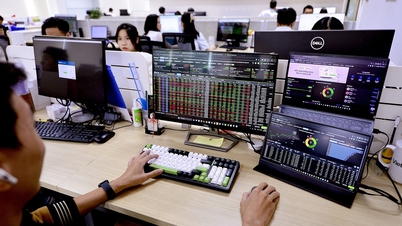


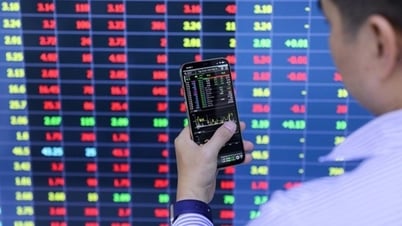





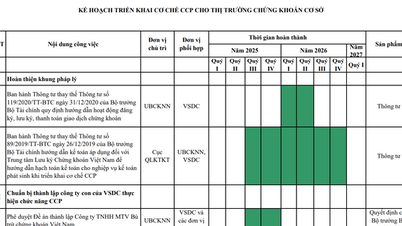



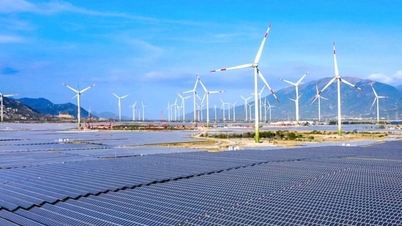










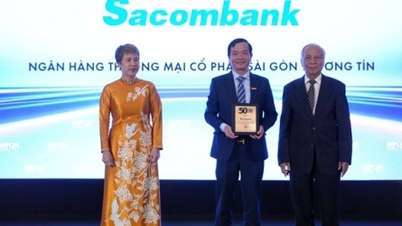




![[Photo] Panorama of the cable-stayed bridge, the final bottleneck of the Ben Luc-Long Thanh expressway](https://vphoto.vietnam.vn/thumb/1200x675/vietnam/resource/IMAGE/2025/9/30/391fdf21025541d6b2f092e49a17243f)
![[Photo] President Luong Cuong receives President of the Cuban National Assembly Esteban Lazo Hernandez](https://vphoto.vietnam.vn/thumb/1200x675/vietnam/resource/IMAGE/2025/9/30/4d38932911c24f6ea1936252bd5427fa)
![[Photo] The 1st Congress of Phu Tho Provincial Party Committee, term 2025-2030](https://vphoto.vietnam.vn/thumb/1200x675/vietnam/resource/IMAGE/2025/9/30/1507da06216649bba8a1ce6251816820)























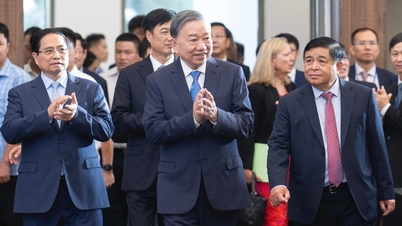



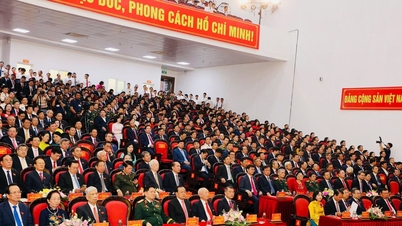





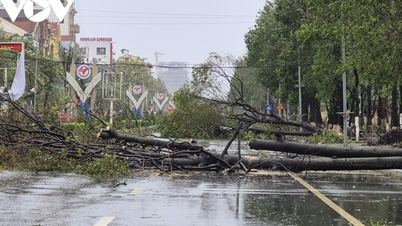























Comment (0)